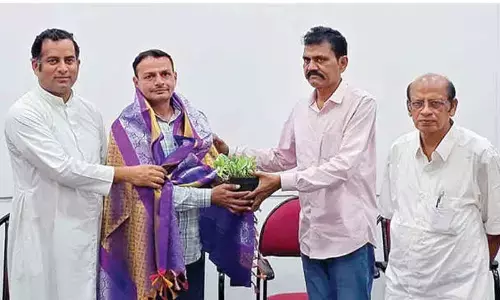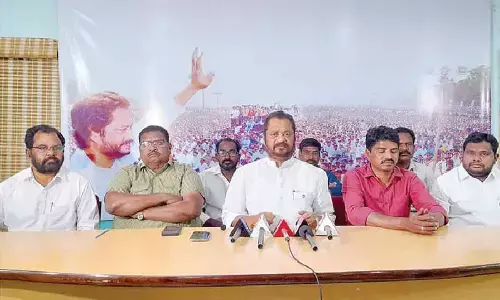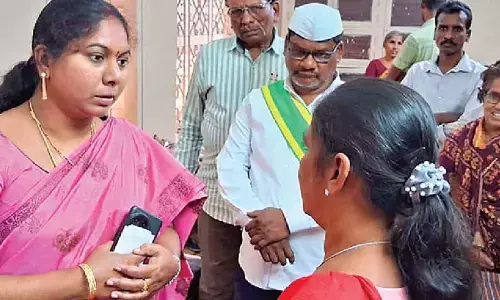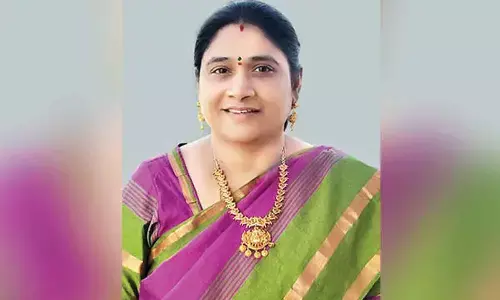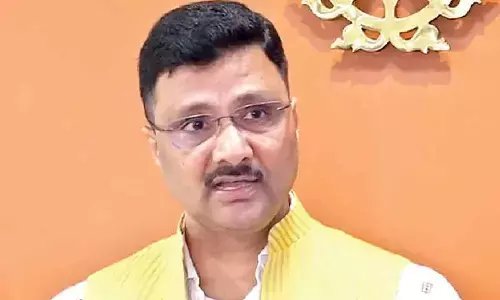Invest in girls from a young age

Despite being one of the most growing countries in the world, and it being the 21st century, the girl child in India continues to be seen as a ‘burden’ by families. Not only do they face disadvantage of preference at birth, to the boy child in the family, but continue to get secondary preference when it comes to investing in their futures.
If we truly want to achieve the Sustainable Development Goals by 2030 (especially Goal 4: Equal education for all) and capitalize on India’s demographic dividend, we need to start investing in girls from a young age. For India's economy has far more to gain by achieving gender parity, than any other country in the world.
Based on current labor force participation rates, women will represent one of the largest underutilised economic forces in the country, until as late as 2035. The extent to which India can make progress in closing its gaping gender gap - in employment, education and in financial and digital inclusion - will determine not only how equitable our society is, but how dynamic and fast growing our economy is.
It is time to stop viewing girls through the lens of ‘liability’ and start seeing them as ‘assets’ for family, community and country. Evidence shows a positive correlation between girl’s education and better development indicators, as well as the intergenerational transfer of empowerment for future generations.
More years of education for girls not only means delayed marriage and pregnancy, but also results in educated young women who are equipped with skills, informed peers and capacities to contribute as skilled personnel in both our local and macro economies.
Let us work together to grant them their rights and their future – for the progress of women, and for the progress of India!
- Pearl Tiwari, CEO, Ambuja Cement Foundation




